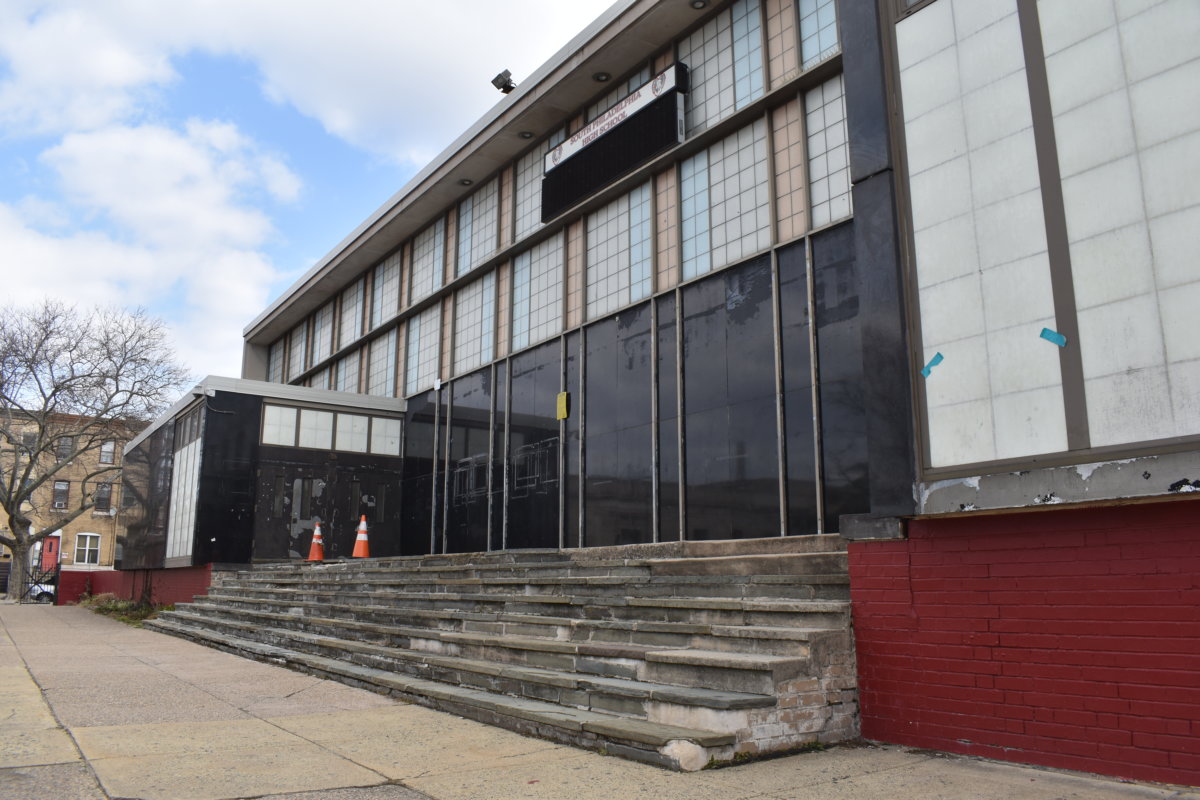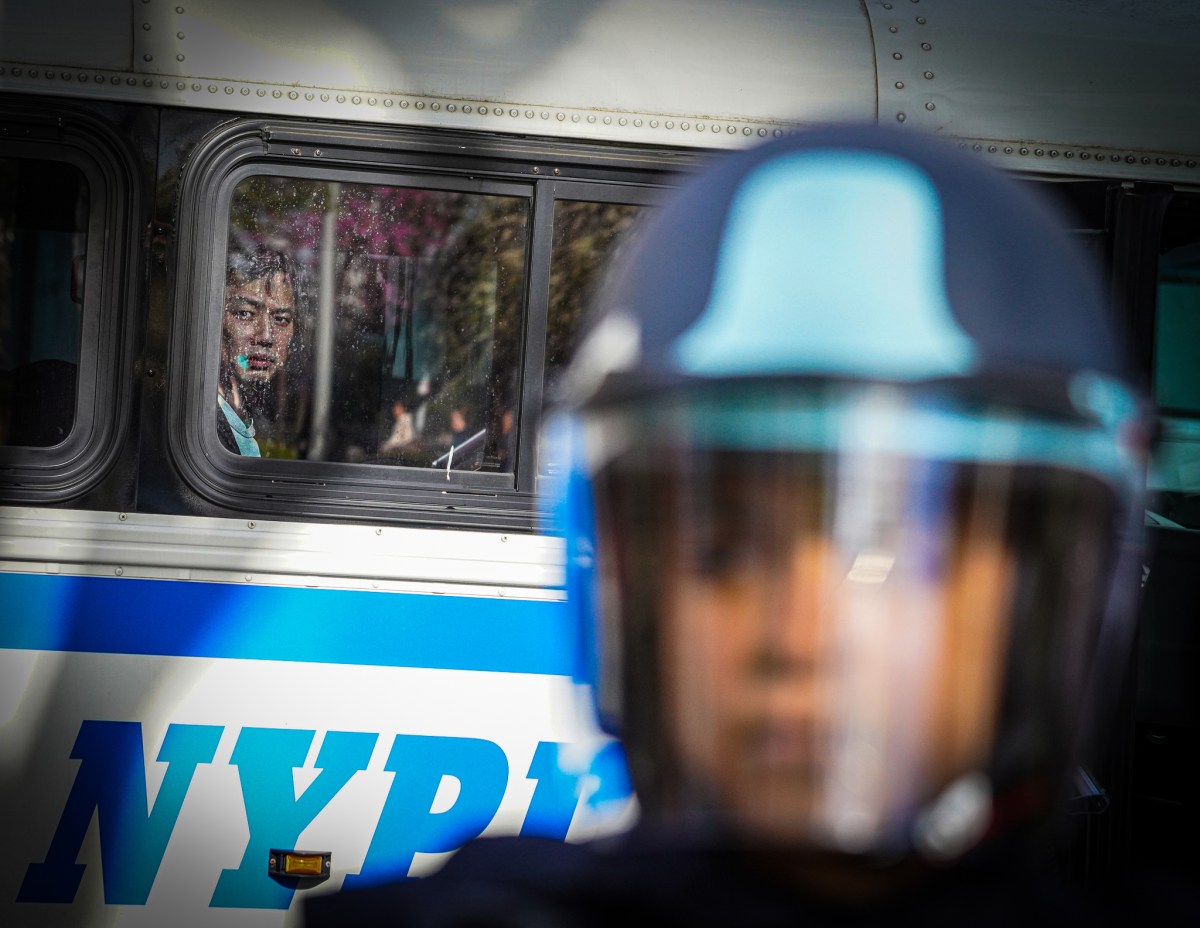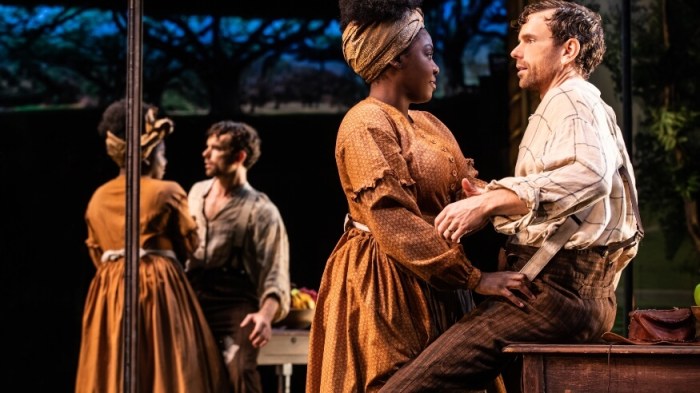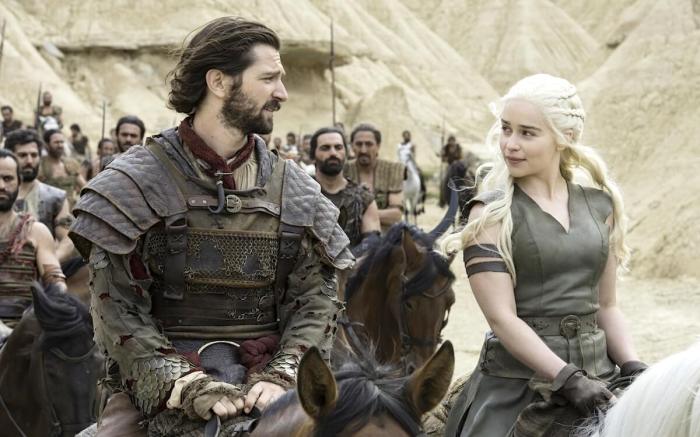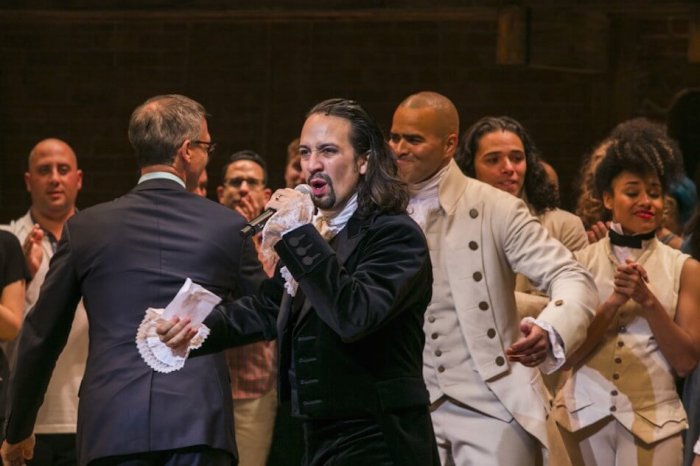For a people who decided how we feel about monarchs more than 200 years ago, Americans sure do love Britain’s royal family. But does it go beyond Will and Kate’s picture-perfect life or Prince Harry’s antics? That’s the hope with bringing the Olivier Award-winning King Charles III from London to Broadway, opening at the Music Box Theatre on Nov. 1. “The royal family is a remnant of a time long gone,” acknowledges playwright Mike Bartlett. “But there is a question that sometimes it’s worth keeping some of your history because it serves a purpose, and it has a function on the identity of your country. “That’s the question at the heart of the play: Does the royal family serve a function in this day and age, or is it just a historical remnant of the past that’s useless?”
Unlike most productions about British royalty, this play focuses on a man who’s spent his whole life waiting to rule — and he intends to make the most of it. The play hinges on Charles using his veto power, which his mother the Queen has never done, on a matter relevant on both sides of the pond: curtailing freedom of the press. It’s the relevance of his dilemma that keeps the first act moving along, especially for an American audience. Charles’ reluctance to approve the harsh measure passed by Parliament also gets to what Bartlett sees as the heart of the man. “In reality, the more radical side of him depicted in the play is hinted at only by his sense of conviction and how he seems to be a very thoughtful man and very driven by principle,” explains Bartlett. Besides the fate of his nation, Charles’ actions also call into question the future of his family, and this is where the play really shines. As spectacular a lead performance as Tim Pigott-Smith turns in — quiet intelligence backed with the bluster that is his right as king — the production is very nearly stolen by Charles’ sons and, most notably, the endlessly ambitious Duchess Kate (Lydia Wilson). Looming over them all is the ghost of Diana, who lives on in the world’s imagination and, in Bartlett’s play, remains a guiding force for her family.
The presence of a ghost is not the only nod to Shakespeare. The royal family speak in iambic pentameter, and “the style of a Shakespearean history play allows us to explore it in a full way and not like a documentary but very much as a drama.” Bringing it across the pond didn’t require much tinkering, Bartlett says, because the royal family is nearly as familiar here. What’s new for American audiences is the world they live in. “In a way there’s fascination for audiences here to explore how archaic the British system is and what a political system is like that has an unelected monarch as part and parcel of the way in which laws are made, because it’s a very odd thing to have,” he explains. One thing he did change: Prince Harry’s choice of midnight snack. “In Britain, he had a Scotch egg, but we had a feeling that on Broadway no one would know what a Scotch egg was, so now he goes to Burger King and has a Whopper — which we do just as much in Britain as you do here in America.” So has the royal family offered their input? “I don’t think they have and I don’t think they could,” Bartlett says. “I think protocol would forbid it.”
Bet President Obama wouldn’t feel such constraint. Long live democracy, and in this one case, long live the king, too.
King Charles III
Opens Nov. 1
Music Box Theatre, 239 W. 45th St.
$37-$149
How ‘King Charles III’ changed from London to Broadway
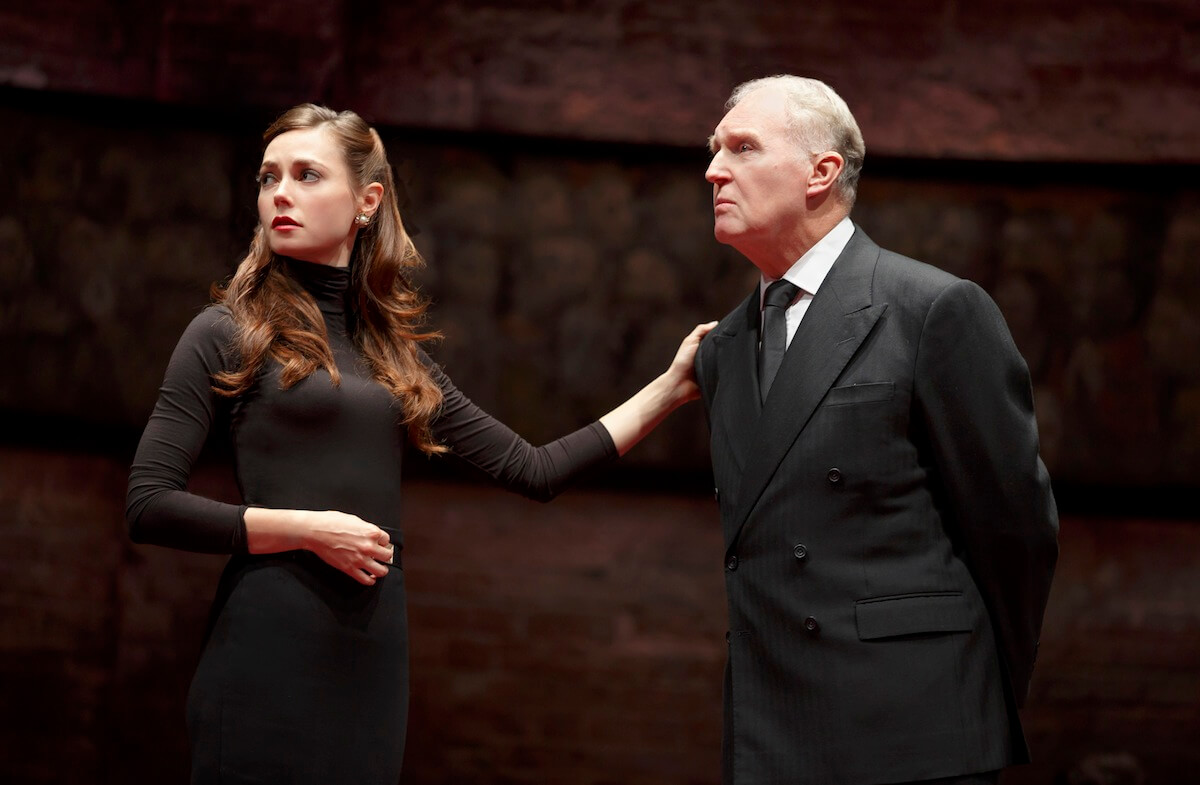
Joan Marcus






